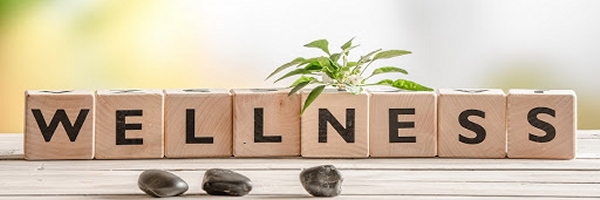
None of this is new. We have faced pandemics, unemployment, natural disasters, economic decline, and rioting throughout our history, but never at the same time. For the first time in our nation’s history the dominoes seem to be in sync, and it is affecting our mental health as never before.
“This is all new territory for us, not only as mental health professionals but as humans. The enormity just months ago would have been incomprehensible to fathom. It all seems like a terrible nightmare, but it’s not,” says Dr. Pavan Prasad, founder of Chicago’s Clarity Clinic.
According to new data from the Census Bureau, a third of Americans are showing signs of clinical anxiety and depression, signifying an alarming jump in numbers seen before the pandemic began.
“People are worried about contracting the coronavirus, or giving it to their loved ones, if they haven’t already been laid off, they are undoubtedly concerned about the future of their job, they are losing sleep over not being able to pay their bills or feed their families. As if that were not enough, the civil unrest we are seeing play out right now before our eyes is heartbreaking on so many different levels, it is a lot to digest all at once,” adds Prasad.
Data shows Americans may be turning to vices to help ease the pain. In a newly released report, marketing research firm Nielsen, claimed sales of alcohol have risen nearly 30-percent across the United States compared to the same time last year. According to a report by the CDC the rise of suicide among American workers has increased 40-percent during the past two decades. Historically, suicide rates trend upwards during times of great peril.
Suicides, depression, alcohol and drug addiction are expected to grow significantly, and this is not something that can be fixed over a few months, this will last for years to come.” remarks Prasad.
So, what can we do when we feel so powerless? “Remain focused on the basics, one foot in front of the other, focusing on the picture as a whole right now may be detrimental. Remind yourself to be present, talk with someone you trust, try to reframe your worries or anxieties, write your worries, or concerns down, practice mindfulness exercises and unplug. As much as we may want to stay up to date with our ever-changing environment, sometimes the healthiest thing we can do is to walk away, talk a moment and regroup,” offers Prasad.
“This is not something you can just put a band aid on. The American psyche has been damaged without a doubt. But we must try to remain focused on the greater good, America has been knocked down before, but she always gets back up,” observes Prasad.
If you are feeling hopeless right now or simply need someone to listen, please seek professional help. Though patients are not able to be seen in an office setting right now, professionals are still available via telehealth.










